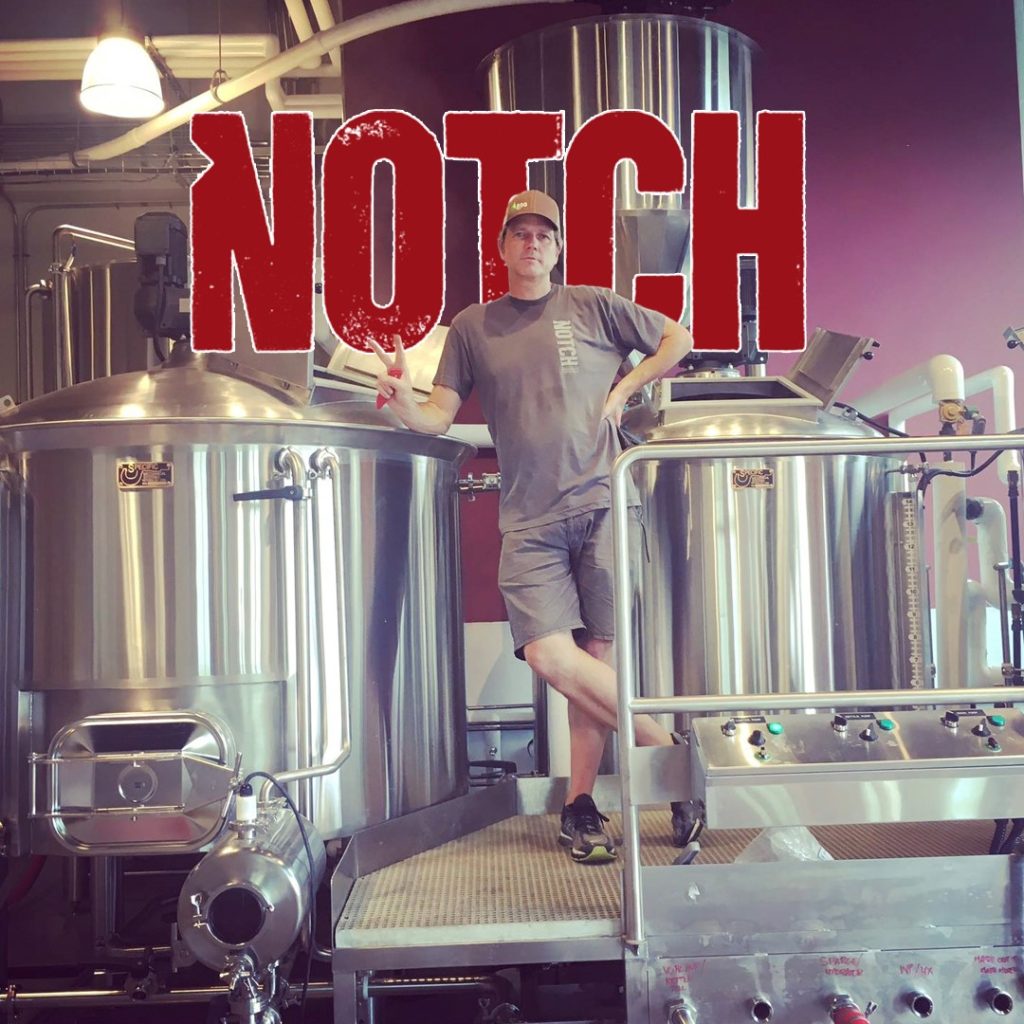Contract brewing has become a popular option for many aspiring brewers looking to enter the competitive beer market without the upfront costs and risks associated with building and running their own brewery. While it offers several advantages, there are also potential drawbacks to consider.
Pros:
- Lower Initial Investment: One of the most significant advantages of contract brewing is the reduced initial capital required. Instead of investing in equipment, facilities, and overhead costs associated with a brewery, contract brewers can focus their resources on recipe development, marketing, and distribution.
- Access to Professional Facilities: Contract brewers gain access to established breweries with professional-grade equipment and facilities. This ensures that their beer is brewed under controlled conditions by experienced personnel, maintaining consistency and quality.
- Scalability: Contract brewing allows brewers to scale production more easily in response to market demand. They can increase or decrease production volumes without the constraints of fixed production capacities that come with owning a brewery.
- Market Entry: For new brewers, contract brewing offers a quicker route to market. By leveraging existing distribution networks and retail relationships of the host brewery, they can get their products onto shelves and into bars more swiftly.
- Focus on Brewing: Contract brewers can concentrate solely on brewing and recipe innovation rather than dealing with the complexities of running a brewery. This can lead to more creativity and experimentation in beer styles and flavors.
Cons:
- Lack of Control: Contract brewers have limited control over the brewing process and scheduling. They rely on the host brewery’s availability and production schedule, which may not always align with their own business needs.
- Quality Concerns: While professional breweries uphold standards, there can be concerns about consistent quality control. Contract brewers must trust that the host brewery maintains high standards and adheres to agreed-upon recipes and processes.
- Brand Perception: Some consumers perceive contract brewing negatively, associating it with a lack of authenticity or craft. This perception can impact brand loyalty and consumer trust, especially in a market that values independence and local production.
- Profit Margins: Contract brewing involves paying fees to the host brewery, which can eat into profit margins, especially for smaller brewers with limited production volumes. Negotiating favorable terms is crucial but not always easy.
- Long-term Viability: Contract brewing can be a stepping stone to establishing a standalone brewery or a long-term business model in itself. However, without ownership of brewing facilities, brewers may face challenges in building a distinct identity and establishing a loyal customer base.
In conclusion, contract brewing offers an accessible pathway for brewers to enter the market and experiment with different beer styles without the financial risks of owning a brewery. However, it comes with trade-offs in terms of control, perception, and long-term sustainability. For aspiring brewers, carefully weighing these pros and cons is essential in deciding whether contract brewing aligns with their business goals and values.





